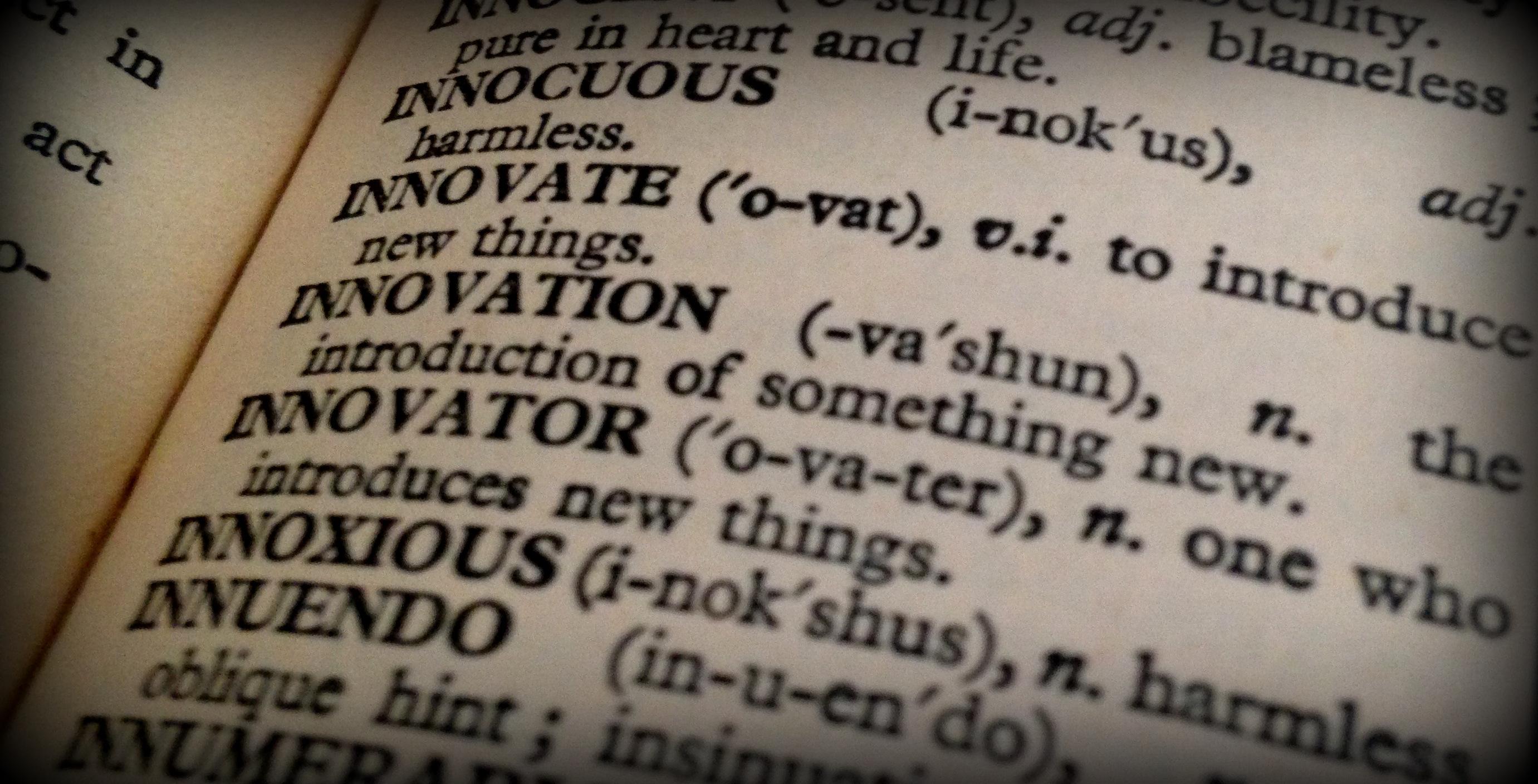
Grammar and Grace
Irregardless, Not a Word?
A few weeks ago I enjoyed a lovely dinner with friends at a cool restaurant in Raleigh. The first…
July 22, 2016
A few weeks ago I enjoyed a lovely dinner with friends at a cool restaurant in Raleigh. The first…
July 22, 2016
Last month, I overheard a conversation about dangling modifiers. Lots of laughter. Lots of confusion. Lots of questions. “What’s…
May 9, 2016
Lots of time we hear verbal patterns that may be acceptable (to some people) in speech, but they are…
April 17, 2016
We’re continuing to examine words that are used incorrectly. Enthused/Enthusiastic—Although enthused has become acceptable in standard usage, old school…
March 12, 2016
We’ll take a break from adding more confusing words to our list this time and focus only on…
February 9, 2016
What’s wrong with this sentence? Me and Cam finished the Army Ten-Miler. Me should be I, right? Easy. Most…
September 18, 2015